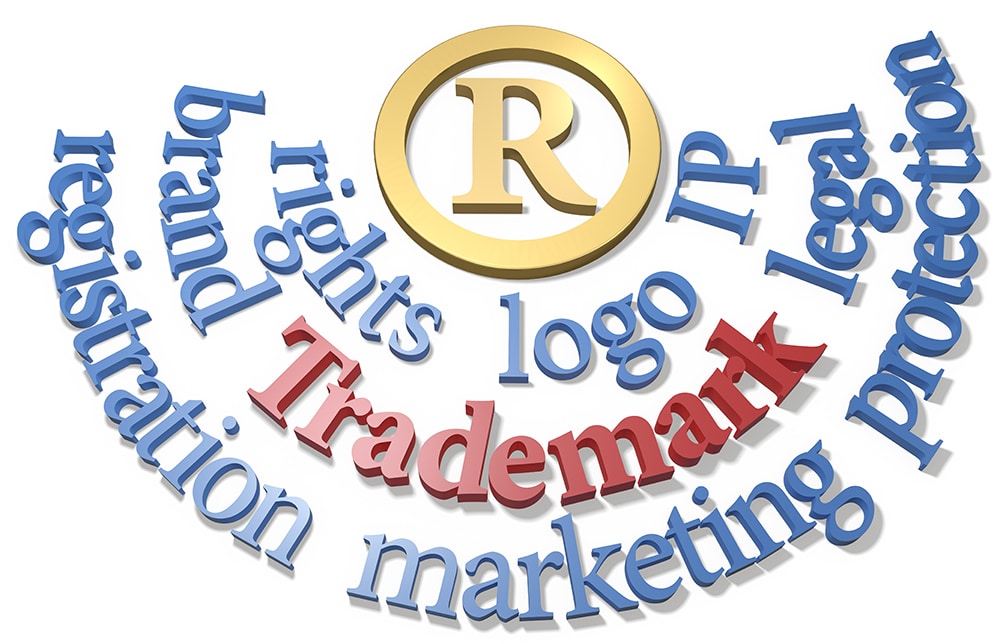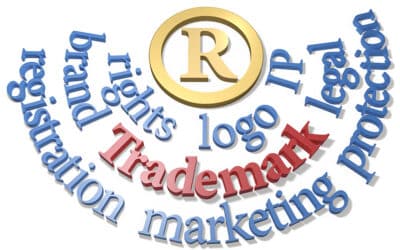-
Strength of the senior user’s mark. The stronger or more distinctive the senior user’s mark, the more likely the confusion.
-
Similarity of the marks. The more similarity between the two marks, the more likely the confusion.
-
Similarity of the products or services. The more that the senior and junior user’s goods or services are related, the more likely the confusion.
-
Likelihood that the senior user will bridge the gap. If it is probable that the senior user will expand into the junior user’s product area, the more likely there will be confusion.
-
The junior user’s intent in adopting the mark. If the junior user adopted the mark in bad faith, confusion is more likely.
-
Evidence of actual confusion. Proof of consumer confusion is not required, but when the trademark owner can show that the average reasonably prudent consumer is confused, it is powerful evidence of infringement.
-
Sophistication of the buyers. The less sophisticated the purchaser, the more likely the confusion.
-
Quality of the junior user’s products or services. In some cases, the lesser the quality of the junior user’s goods, the more harm is likely from consumer confusion.
-
related products and services.
US Trademark Office Cancels Marvel, DC’s ‘Super Hero’ Marks
In a stunning turn of events that reads like a comic book plot itself, the U.S. Patent and Trademark Office’s Trademark Trial and Appeal Board (TTAB) has canceled four longstanding trademarks for “Super Hero” and “Super Heroes” jointly owned by comic book giants Marvel and DC Comics.¹ The September 26, 2024 decision marks the end of a 57-year monopoly on terms that have become synonymous with an entire entertainment genre.
What Is a Trademark and Why Do You Need One?
What Is a Trademark and Why Do You Need One? If you’re building a business, protecting your brand should be one of your top priorities. One of the most effective ways to safeguard your company’s identity is through trademark registration.
AI and Copyright Law: Complete Guide to the U.S. Copyright Office Report on Artificial Intelligence
The U.S. Copyright Office released a multi-part AI report in 2024-2025. Part 1 addresses digital replicas, Part 2 covers AI-generated content copyrightability. Key finding: only human-authored works qualify for copyright protection. Purely AI-generated content from prompts cannot be copyrighted, but AI can assist human creativity without affecting copyright eligibility.




